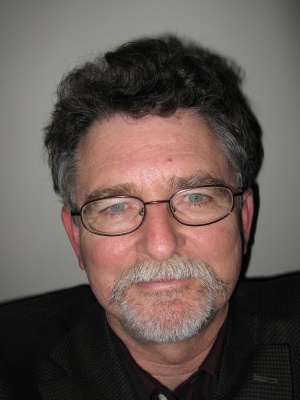Jan 26 2009
Thomas J. Weiler, professor of physics and astronomy at Vanderbilt University, has received a 2009 Humboldt Research Award. The award is granted by the Alexander von Humboldt Foundation in Bonn, Germany for the purpose of encouraging research collaborations between German scientists and colleagues in other countries. The foundation grants up to 100 such awards annually.

According to the foundation, the award is given to “outstanding scientists and scholars from all disciplines from abroad whose fundamental discoveries, new theories or insights have had significant impact on their own discipline and who are expected to continue producing cutting-edge achievements in the future.”
Weiler was recognized specifically for his contributions to the understanding of the strong force that binds together the quarks within the atomic nucleus and for pioneering work that has influenced the development of the rapidly evolving fields of astroparticle and neutrino physics.
Weiler will use the award, valued at nearly $78,000, to travel to the University of Dortmund where he will work with Heinrich Paes on the possibility that certain particles can take shortcuts through extra dimensions to effectively travel faster than the speed of light, even creating “closed timelike curves” that could enable communication with the past and future. He will also spend time at the Max Planck Institute in Munich with Georg Raffelt to collaborate on the quantum mechanical mechanisms that influence the emission of neutrinos from the largest and most spectacular stellar explosions, core-collapse supernovas.